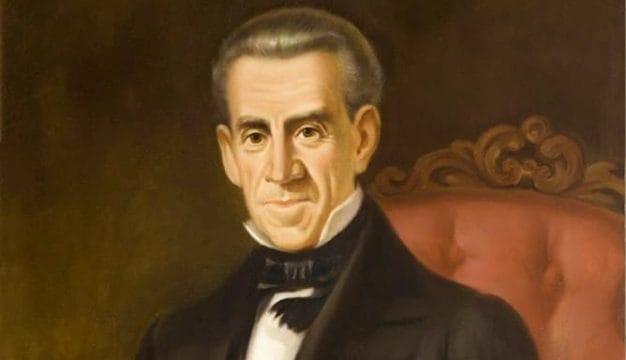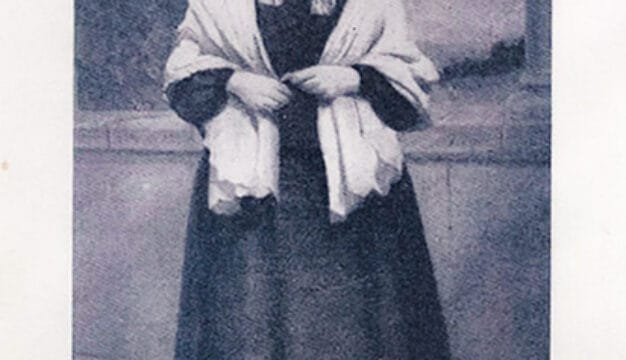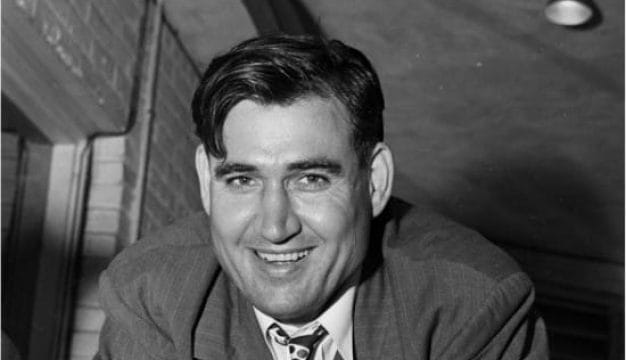Enoch Ensley
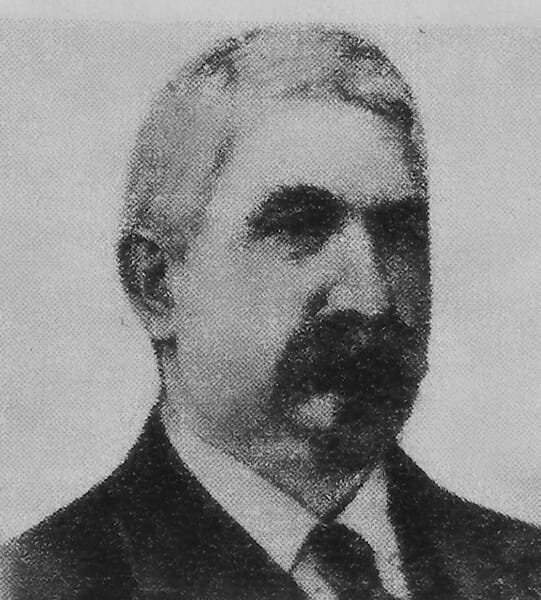 Enoch Ensley
Enoch Ensley (1832-1891) was an important figure in the industrial growth of what is known as the “Birmingham District.” Noted primarily for his active involvement in the coal and iron-making industry in Alabama, he was responsible for the construction of several large blast furnaces for making iron as well as planning and founding the industrial town bordering Birmingham that bears his name.
Enoch Ensley
Enoch Ensley (1832-1891) was an important figure in the industrial growth of what is known as the “Birmingham District.” Noted primarily for his active involvement in the coal and iron-making industry in Alabama, he was responsible for the construction of several large blast furnaces for making iron as well as planning and founding the industrial town bordering Birmingham that bears his name.
Ensley was born in 1832 to a wealthy family near Nashville, Tennessee, and was intended to follow family tradition and practice law. His early interests apparently centered around horses, and after graduating from the Lebanon Law School in Lebanon, Tennessee, he engaged in trading horses and operating stables.
Thanks to a sizeable inheritance, he acquired numerous properties in the Memphis, Tennessee, area through his real estate company and subsequently amassed additional wealth. Extremely ambitious, Ensley hoped, with the support of backers in Memphis, to eliminate the Tennessee Coal, Iron & Railroad Company (TCI) from competition in the southern coal and iron industry. TCI, run by John Inman, had refused Ensley’s attempts to buy his way into the company, which Ensley took as a personal slight.
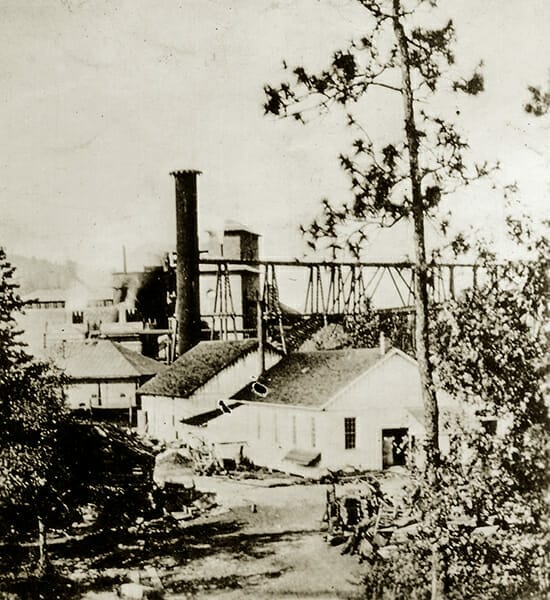 Alice Furnace Company
Ensley is perhaps best remembered as the first person in Alabama to conduct a “million-dollar” business deal, although the ultimate sum was much less. In 1881, arriving in Birmingham, he arranged to buy the Pratt coal mines from industrialist Henry F. DeBardeleben, who was looking to move westward to find relief from tuberculosis. Ensley reportedly wrote a $600,000 check on the spot and shortly thereafter bought a majority interest in both the Alice Furnace Company and the Linn Iron Works, although some sources say the payments were made over a six-year period. Combining these entities in 1884, he created the Pratt Coal and Iron Company. Ensley then began to acquire land, which resulted in his owning a substantial amount of real estate in the rapidly growing Birmingham area. Ensley and his mining engineer, Llewellyn Johns, increased output in the Pratt mines by digging additional shafts. Ensley also pressed the Alice furnaces, known as “Little Alice” and “Big Alice,” into competition with each other as well as with the Sloss furnace. This approach resulted in “Big Alice” producing 150 tons of pig iron in a single day in 1886, which set a record for southern blast furnaces.
Alice Furnace Company
Ensley is perhaps best remembered as the first person in Alabama to conduct a “million-dollar” business deal, although the ultimate sum was much less. In 1881, arriving in Birmingham, he arranged to buy the Pratt coal mines from industrialist Henry F. DeBardeleben, who was looking to move westward to find relief from tuberculosis. Ensley reportedly wrote a $600,000 check on the spot and shortly thereafter bought a majority interest in both the Alice Furnace Company and the Linn Iron Works, although some sources say the payments were made over a six-year period. Combining these entities in 1884, he created the Pratt Coal and Iron Company. Ensley then began to acquire land, which resulted in his owning a substantial amount of real estate in the rapidly growing Birmingham area. Ensley and his mining engineer, Llewellyn Johns, increased output in the Pratt mines by digging additional shafts. Ensley also pressed the Alice furnaces, known as “Little Alice” and “Big Alice,” into competition with each other as well as with the Sloss furnace. This approach resulted in “Big Alice” producing 150 tons of pig iron in a single day in 1886, which set a record for southern blast furnaces.
Ensley’s ambitious nature created enemies, however, including the former manager of the Alice Furnace Company, T. T. Hillman. He resented Ensley for overshadowing his achievements with the Alice Furnace Company by taking credit for the record set by “Big Alice.” Also in 1886, a complicated and underhanded set of business dealings and stock transactions led to rival TCI taking ownership of the Pratt Coal and Iron Company, which established the company’s place in the Birmingham District. Later that year, Ensley was elected president of TCI, the company that had earlier snubbed him.
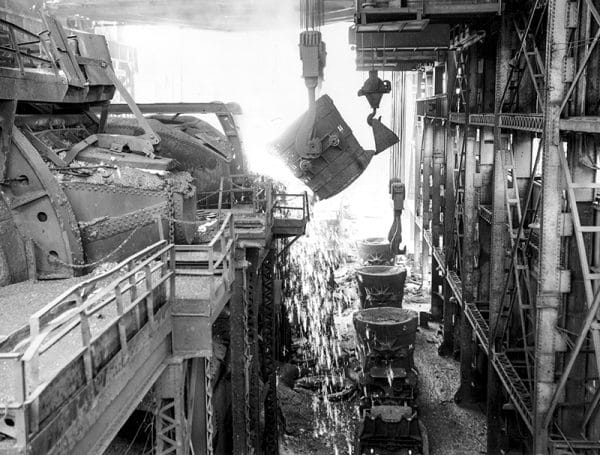 Ensley Company Steel Production
Shortly thereafter, Ensley committed to founding the town of Ensley, envisioned as a center of manufacturing and steel production. Ensley acquired 4,000 acres of TCI land to form the Ensley Land Company, which was incorporated in December 1886. Initially, stock in the Ensley Land Company sold well, and elements of the urban infrastructure, such as sewer lines, were installed. Unfortunately, Ensley’s inability to follow his own plans meant that although lands for sale were widely advertised, he postponed the sale date to complete the hotel he was building. The complications caused by the lack of income from the delayed sale of lots worried investors. The town eventually did become an industrial center as envisioned by Ensley, but that did not occur until the turn of the twentieth century.
Ensley Company Steel Production
Shortly thereafter, Ensley committed to founding the town of Ensley, envisioned as a center of manufacturing and steel production. Ensley acquired 4,000 acres of TCI land to form the Ensley Land Company, which was incorporated in December 1886. Initially, stock in the Ensley Land Company sold well, and elements of the urban infrastructure, such as sewer lines, were installed. Unfortunately, Ensley’s inability to follow his own plans meant that although lands for sale were widely advertised, he postponed the sale date to complete the hotel he was building. The complications caused by the lack of income from the delayed sale of lots worried investors. The town eventually did become an industrial center as envisioned by Ensley, but that did not occur until the turn of the twentieth century.
Laura Ensley, who then was in Europe, became critically ill, and Ensley left to attend to her. Following her death in 1887, Ensley returned to Alabama, where he found a depressed pig iron market and extensive financial difficulties facing the Ensley Land Company. Another setback awaited Ensley’s return: while he had been away, his mine engineer, Llewellyn Johns, had retired because of changes in the commissary system at the Pratt mines. As his skills were in great demand, Johns soon went to work for the DeBardeleben Coal and Iron Company.
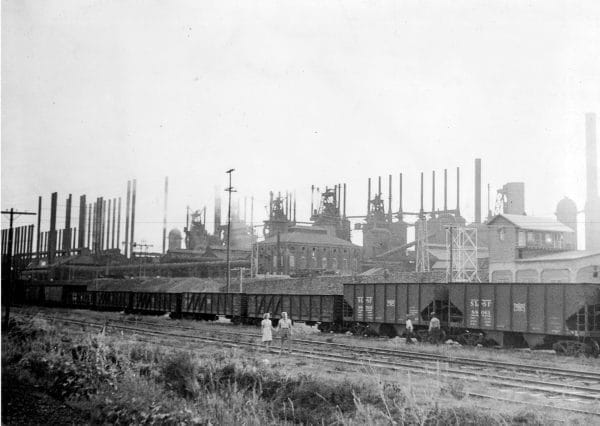 TCI’s Steelworks in Ensley
Also in 1887, the “Big Four” blast furnaces at the city of Ensley were constructed on a site chosen by Ensley to allow for an adjoining steel mill. The simultaneous construction of four large blast furnaces was at the time unheard of and involved the largest order for blast furnace blowing engines ever made at one time. On April 11, 1888, the first of the four furnaces became operational; the other three would follow in succession, with the final one being lit on April 29, 1889. The lighting of the last of the “Big Four” was the last major event undertaken by Ensley in his tenure as president of TCI. Although the furnace complex was successful, the Ensley Land Company had fallen into severe debt as a result of the overly speculative nature of the region’s real estate and declining pig iron prices. Ensley ultimately resigned from TCI in 1887, sold his personal stock in the projects in the Birmingham District, and left in search of other business opportunities in the Sheffield area.
TCI’s Steelworks in Ensley
Also in 1887, the “Big Four” blast furnaces at the city of Ensley were constructed on a site chosen by Ensley to allow for an adjoining steel mill. The simultaneous construction of four large blast furnaces was at the time unheard of and involved the largest order for blast furnace blowing engines ever made at one time. On April 11, 1888, the first of the four furnaces became operational; the other three would follow in succession, with the final one being lit on April 29, 1889. The lighting of the last of the “Big Four” was the last major event undertaken by Ensley in his tenure as president of TCI. Although the furnace complex was successful, the Ensley Land Company had fallen into severe debt as a result of the overly speculative nature of the region’s real estate and declining pig iron prices. Ensley ultimately resigned from TCI in 1887, sold his personal stock in the projects in the Birmingham District, and left in search of other business opportunities in the Sheffield area.
Ensley was not bankrupted by the failure of the Ensley Land Company and through other individuals purchased large tracts of mineral-rich land in Franklin and Colbert Counties. In 1888, Ensley resurrected his career as an iron producer by building a new furnace in the Sheffield area and purchasing a blast furnace that the Sheffield Company had built the previous year. The furnace stacks were named “Lady Ensley” and “Hattie Ensley” after his two daughters. Ensley entered a partnership in 1891 with Walter Moore, a coal mine operator from Jefferson County, to form the Lady Ensley Coal, Iron, and Railroad Company, which then went on to purchase the Horse Creek Coal Mine, and its 200 accompanying coking furnaces located in Walker County.
Enoch Ensley died on November 18, 1891, before his business schemes truly bore fruit; his property went into receivership. Steel would eventually be produced at a TCI plant located in Ensley, the first to be made in the Birmingham District, but it would not be until Thanksgiving Day in 1899. The town did become an industrial center as envisioned by Enoch Ensley after the turn of the twentieth century.
Additional Resources
Armes, Ethel. The Story of Coal and Iron in Alabama. Cambridge, UK: Cambridge University Press, 1910.
Lewis, W. David. Sloss Furnaces and the Rise of the Birmingham District: An Industrial Epic. Tuscaloosa: University of Alabama Press, 1994.
